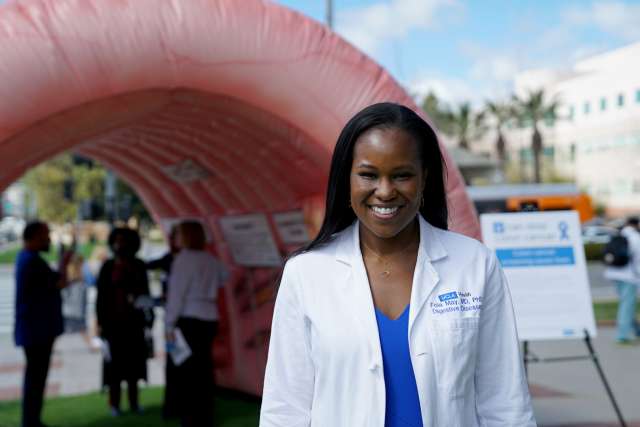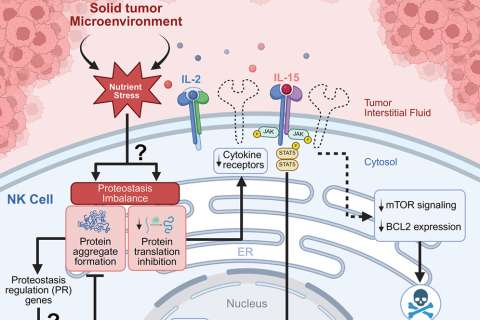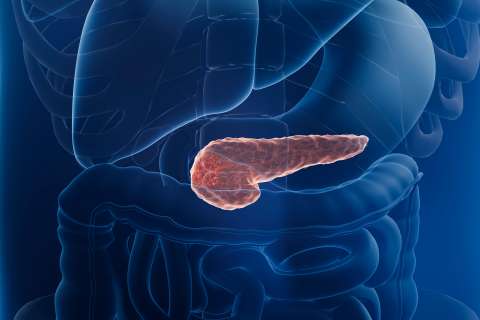In its 2024 Report on annual cancer rates and deaths, the American Cancer Society highlights that colorectal cancer is now the leading cause of cancer death for men younger than 50 and the second leading cause of cancer death for women under 50.
Folasade May, MD, PhD, UCLA Health cancer prevention researcher and gastroenterologist, and a member of the UCLA Health Jonsson Comprehensive Cancer Center, addressed the trend and what needs to happen to stop it.
Q: Why is this important news?
“This information is more than important, it’s alarming. Since 1995, there has been a 45% increase in colorectal cancer diagnoses in people under the age of 50. Two years ago, the U.S. Preventive Services Task Force lowered the recommended age for first colorectal cancer screening from age 50 to 45. So now we are working to make sure everyone gets screened at 45. It’s estimated that more than half of colorectal cancer deaths could be prevented by early detection through screening. People need to start screening early and continue to have it done regularly throughout their lives.”
Q: Why are we seeing more people under the age of 50 being diagnosed with colorectal cancer?
“Researchers aren’t sure, but lifestyle and environmental factors such as chemicals in foods and air are felt to play a role. Studies have also shown that obesity, alcohol use, tobacco use, physical activity, and even factors from early in life like whether or not you were breastfed or received antibiotics at a high rate as a child might predict your chances of getting cancer when you’re an adult. There is so much we still do not know though.”
Colorectal cancer screening — which for most people should start at age 45 — saves lives by catching cancer early.
Learn more about colorectal cancer screening at UCLA Health
Q: What can we do to lower risk of getting or dying from colorectal cancer?
There are three key things that we all can do to save lives, Dr. May said.
- Everyone must know whether they have a family history of colorectal cancer. Nearly 30% of colorectal cancer diagnoses in people younger than 50 are related to an underlying family history or genetic mutation, according to the American Cancer Society. People with a father, mother, brother or sister who have had colorectal cancer must talk to their doctor about getting screened at age 40 or earlier.
- Everyone without a family history must start regular screenings at age 45. Unfortunately, Dr. May said, not enough young people are taking advantage of life-saving screening technologies.
- People must not ignore symptoms that could be a sign of colorectal cancer – they must go for a colonoscopy. These symptoms include red or black blood in the stool, losing weight without trying, or new constipation or diarrhea that lasts more than a few days. "I have found that many younger patients with colorectal cancer had symptoms for a year or two before they finally made an appointment,” Dr. May said. “And by the time they got a colonoscopy, their cancer was advanced to stage four. Survival for stage four is very low — only 13%.”
Why are there disparities in colorectal cancer in people of color and what can be done about it?
“Colorectal cancer rates and deaths are highest in Black individuals and in Native American individuals. African Americans, for example, are about 20% more likely to get colorectal cancer and about 40% more likely to die from it than most other groups. Historically, minority populations have had higher uninsured rates and less access to preventive care, screening and treatment.
”Although Latinos in the U.S. have lower rates of colorectal cancer than white individuals, Latinos see the double challenge of experiencing a faster rise in young onset cases and some of the lowest screening rates in the country. Among Asian Americans, screening rates are also 10% to 20% lower than among white Americans.
“Colorectal screening must be made a priority in all of these populations. Access to screening tests needs to be expanded, and everyone must get screened.”



